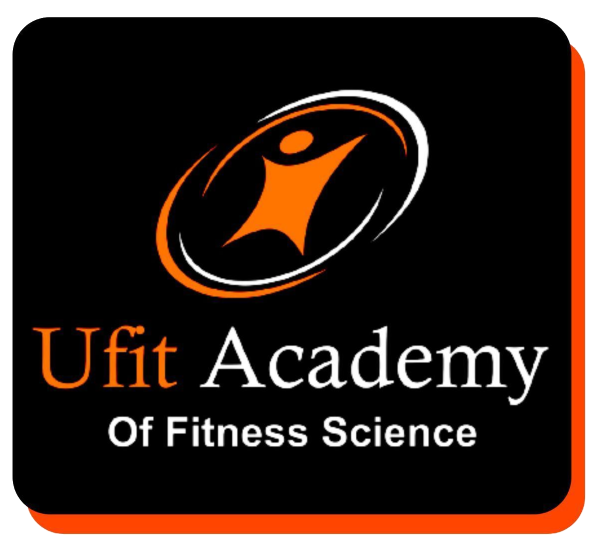Nutrition plays a crucial role in supporting your fitness goals, whether you’re looking to improve your health, lose weight, or enhance your athletic performance. Understanding the basics of nutrition can help you make informed choices about your diet and fuel your body for success. In this blog post, we’ll explore the fundamentals of nutrition and how they can impact your health and fitness journey.
1. Macronutrients: The Building Blocks of Nutrition
Macronutrients are the essential nutrients that provide energy and support various functions in the body. There are three main macronutrients:
– Carbohydrates: Carbohydrates are the body’s primary source of energy. They are found in foods like grains, fruits, vegetables, and legumes. Complex carbohydrates, such as whole grains and vegetables, are preferred over simple carbohydrates, such as sugary snacks and beverages, as they provide more sustained energy.

– Proteins: Proteins are essential for building and repairing tissues, supporting immune function, and maintaining muscle mass. Good sources of protein include lean meats, poultry, fish, eggs, dairy products, legumes, and nuts.
– Fats: Fats are another important source of energy and play a role in hormone production, cell membrane function, and nutrient absorption. Healthy fats, such as those found in avocados, nuts, seeds, and olive oil, should be included in your diet in moderation.
2. Micronutrients: Essential for Health and Wellness
Micronutrients are vitamins and minerals that are essential for various bodily functions, including metabolism, immune function, and bone health. Some important micronutrients include:
Vitamin A: Supports vision, immune function, and skin health. Found in foods like carrots, sweet potatoes, and spinach.
Vitamin C: Important for immune function, collagen production, and wound healing. Found in citrus fruits, strawberries, and bell peppers.
Calcium: Essential for bone health, muscle function, and nerve transmission. Found in dairy products, leafy greens, and fortified foods.
Iron: Necessary for oxygen transport, energy production, and immune function. Found in red meat, poultry, beans, and fortified cereals.
3. Hydration: The Key to Performance and Recovery
Staying hydrated is crucial for optimal performance and recovery, especially during exercise. Water helps regulate body temperature, transport nutrients, and remove waste products from the body. Aim to drink plenty of water throughout the day, especially before, during, and after exercise
4. Pre- and Post-Workout Nutrition
Fueling Your Body for Exercise
Pre- and post-workout nutrition plays a significant role in maximizing your performance and recovery. Before exercise, focus on consuming carbohydrates for energy and a small amount of protein for muscle repair. After exercise, aim to consume a combination of carbohydrates and protein to replenish glycogen stores and support muscle recovery.
5. Eating for Your Goals: Tailoring Your Diet to Your Needs
Your nutrition needs will vary depending on your goals, activity level, and overall health. Whether you’re looking to lose weight, build muscle, or improve your overall health, it’s important to tailor your diet to meet your specific needs. Consider consulting with a registered dietitian to develop a personalized nutrition plan that aligns with your goals.
In conclusion, understanding the basics of nutrition is essential for fueling your fitness journey and achieving optimal health and performance. By focusing on consuming a balanced diet rich in macronutrients, micronutrients, and hydration, you can support your body’s needs and enhance your overall well-being. Remember, nutrition is not one-size-fits-all, so experiment with different foods and strategies to find what works best for you.

